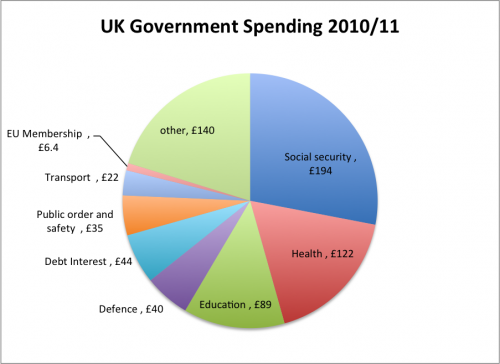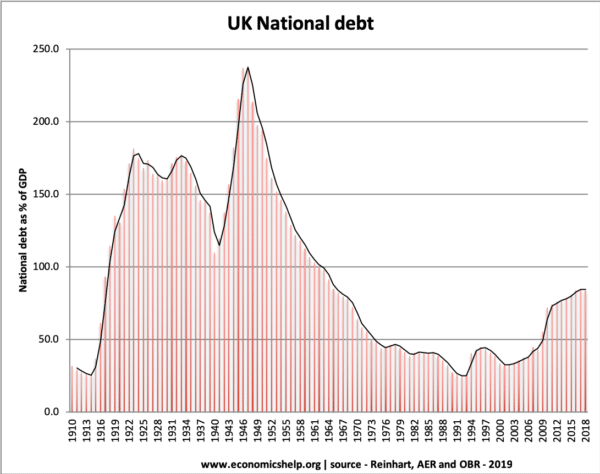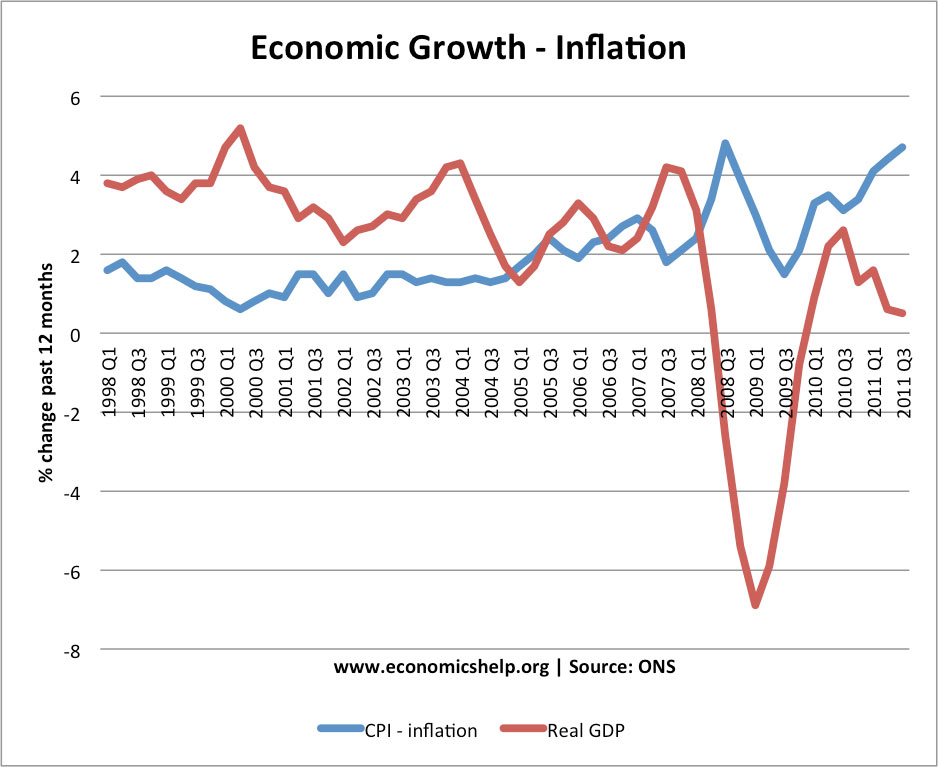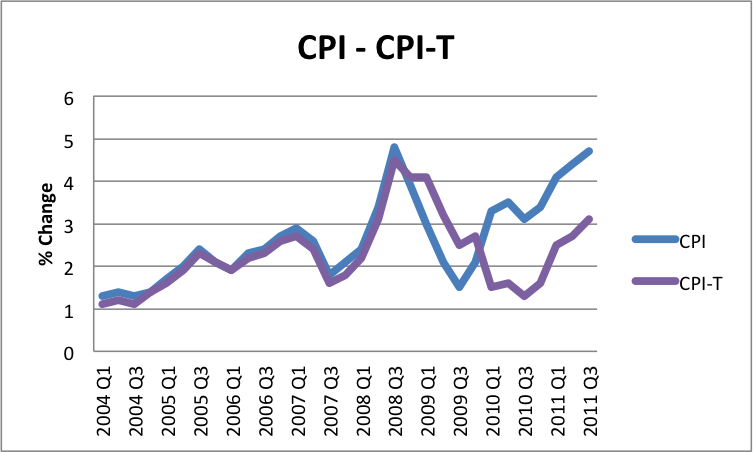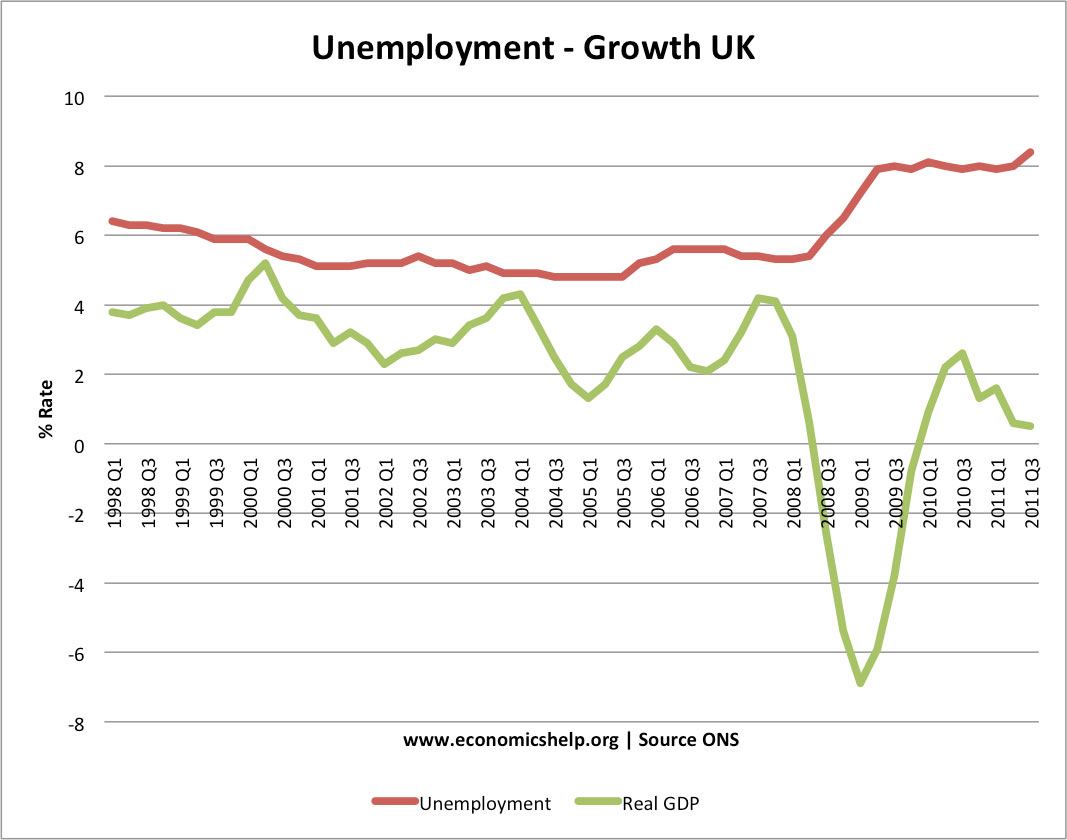Readers Question: when I read the EU spends 50% of their GDP, what does that actually mean? That half of Europe’s taxes are spent on government projects like welfare and entitlements, like taking money from the left hand pocket and putting money in the right hand pocket? I’m lost. Could you please use credit cards or something else as an example to help me understand the principles involved in these two problems?
This is a list of government spending as a % of GDP
Some EU Examples
| France | 52.8 |
| Sweden | 52.5 |
| Denmark | 51.8 |
| United Kingdom | 47.3 |
| Greece | 46.8 |
| Portugal | 46.1 |
| The Netherlands | 45.9 |
| Germany | 43.7 |
| Poland | 43.3
|
| China | 20.8 |
| Gabon | 20.1 |
| El Salvador | 20 |
You can see there is a big variance. Countries in the EU tend to have a higher rate of government spending, e.g. France 53% of GDP, UK 47%. US is 38%.
To simplify this. We could assume the average citizen for a country. Let us assume the average citizen receives 20,000 Euros. In France, the citizen would pay to the government 10,000 Euros (assume 50% tax rate).
That same ‘average citizen’ would receive 10,000 Euros of government spending. Free health care, free education, pensions, the benefits of military defense.
In the US, the ‘average citizen who earns $20,000 would pay $7,600 in taxes to the government. In return the US would receive $7,600 in government spending (education, military defense, roads e.t.c).
I put the ‘average citizen’ in brackets to simplify. Of course, people pay different tax rates. Some receive more government spending than others. But, it helps to understand.
What do Governments Spend Their Money on?
